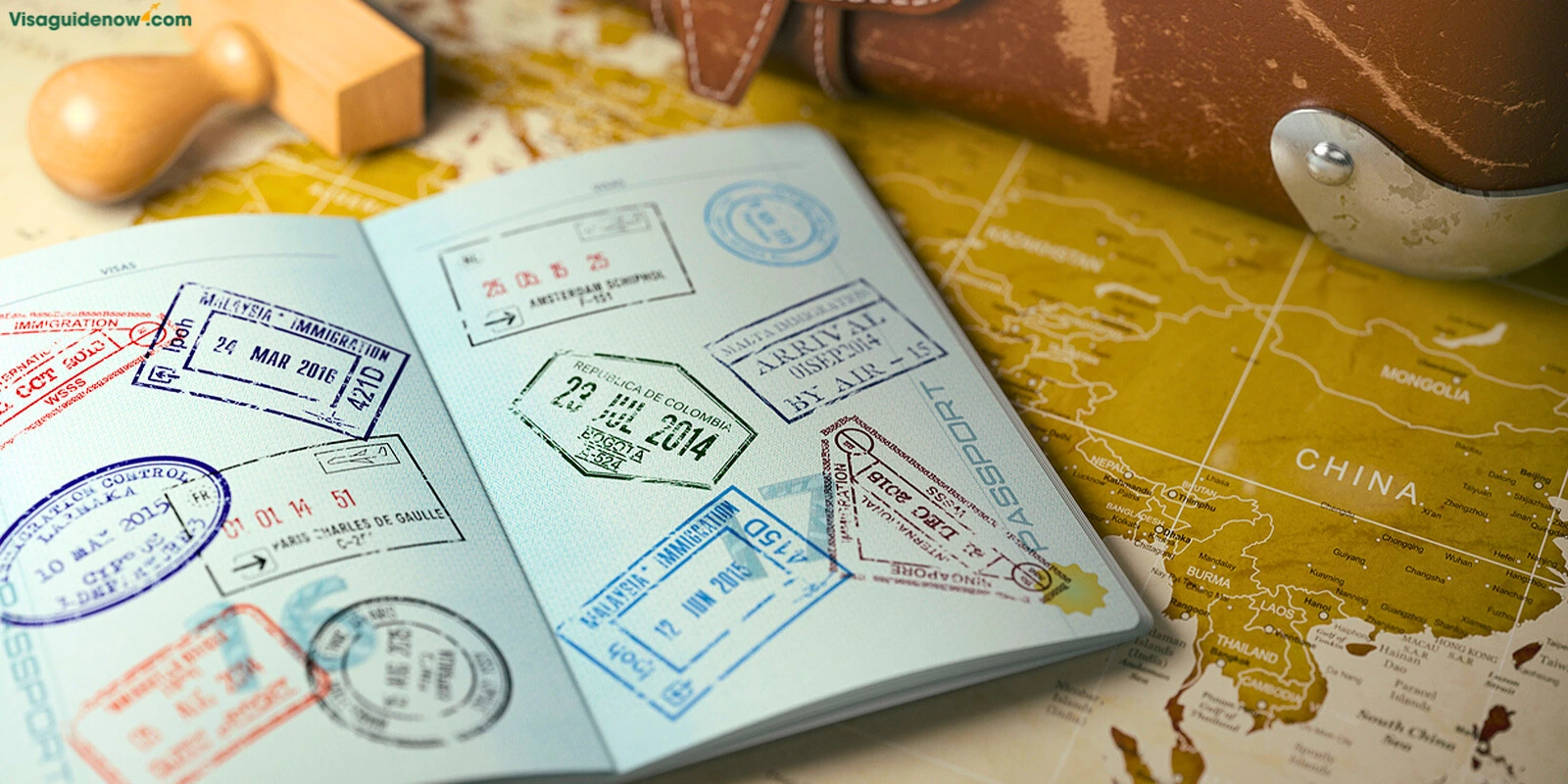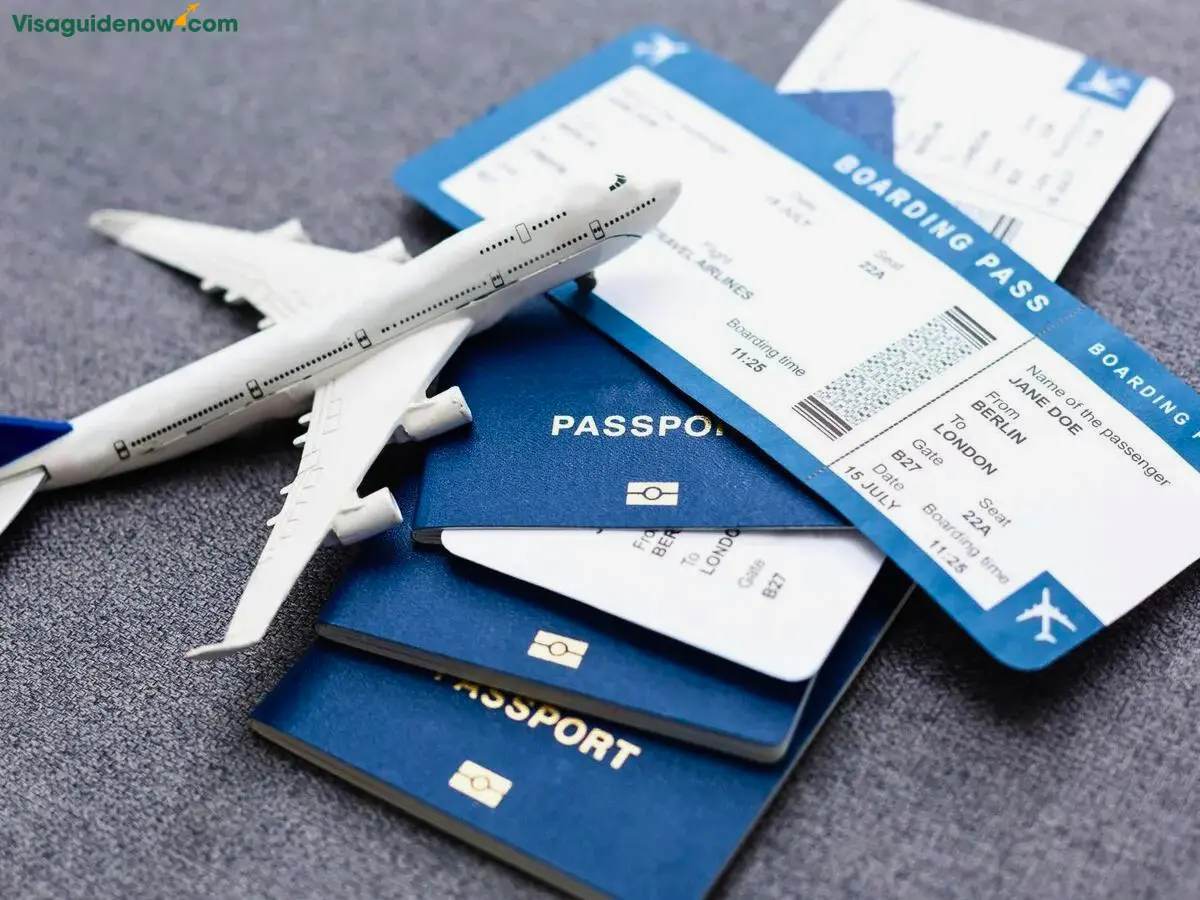Digital Nomad Visa – Guidelines and Requirements
Author:Tran Van Chung | 27/02/24
In an increasingly connected world, the concept of a digital nomad visa has opened new doors for those wanting to explore freely while maintaining their work. This visa type offers a legal solution for remote workers, enabling them to live and work in different countries without violating labor laws.
What is a digital nomad?
Digital nomads are individuals who utilize technology to work remotely in a flexible manner, not bound by a fixed office or specific location. They combine work with their passion for travel, living in various locations around the world while maintaining their professions through internet connectivity.
What is a digital nomad visa?
A digital nomad visa is a permit that allows individuals to work for an employer or their own business project from another country. This not only opens opportunities for remote work but also facilitates visa holders to explore and experience life abroad.

Although it does not support long-term residency or citizenship, this visa still presents a fantastic opportunity for those looking to blend work with travel, expanding their horizons and experiencing new cultures.
Eligibility criteria for a digital nomad visa
To meet the growing demand for flexible work lifestyles, visas for remote work have become a popular choice for those looking to explore the world while maintaining their jobs. To qualify for this visa type, you must adhere to three basic criteria:
- You must be over 18 years old.
- You need to have a stable monthly income, with the specific amount varying depending on the country.
- Your job must allow you to work remotely, not being tied to any specific geographical location.
Where can I get a digital nomad visa?
Recent years witnesses many countries opening their gates to digital nomads through the introduction of remote work visa. Some of the countries supporting digital nomad visa include:
Note: Countries marked with a star (*) have introduced but not yet implemented a visa for remote workers.
Digital nomad visa application process
Pursuing the digital nomad lifestyle, understanding the application process for a remote work visa is the first crucial step. Below are the four basic steps you need to follow:
- Step#1. Fill out the application form: The first step is to fill out the visa application form. Depending on the country, this form may be required to be completed online or at the embassy/consulate. Ensure to provide accurate and up-to-date information.
- Step#2. Schedule an appointment with the embassy or consulate: After completing the form, the next step is to schedule an appointment with the embassy or consulate of the country you wish to apply for a visa. This may require direct contact or through an online appointment system.
- Step#3. Prepare your documents: Before attending the appointment, prepare and organize all necessary documents, including your passport, passport photos, health insurance proof, income evidence, and any other supporting documents. Some documents may need to be translated and certified.
- Step#4. Submit your application: At your appointment, you will submit your application along with all prepared documents. You will also need to attend a visa interview and pay the visa fee at this time, based on the specific regulations of the country.
Digital nomad visa documents required
To become a digital nomad and legally work from anywhere in the world, understanding and preparing the necessary documents is an indispensable step. Below are the 7 main requirements you need to fulfill when applying for a digital nomad visa:
- Visa application form: This is the first and basic step, requiring you to fill out an application form providing personal information and details about your job.
- Valid passport: Your passport must be valid for at least six months from the time of your application. Ensure that the passport has enough blank pages for entry and exit stamps.
- Passport photograph: You need to provide a passport-sized photograph following the general visa photo standards, with a white background and a neutral facial expression, without wearing sunglasses or hats.
- Health insurance proof: Health insurance is a mandatory requirement, proving that you can cover any health issues that arise during your stay.
- Financial income proof: You must prove a stable monthly income from your job, through employment contracts, payslips, or business documents.
- Remote work proof: Proof of your remote work is needed, including information about clients, employment contracts, or business licenses showing that you can perform your job without being physically present at a specific location.
- Civil documents: Documents such as birth certificates, CVs, diplomas may need to be translated (if necessary) and possibly require an apostille certification to prove their authenticity.

How long does it take to get a digital nomad visa?
The waiting time to receive a visa for remote work is typically around one month. However, it’s important to note that this processing time can vary depending on the specific country. Factors such as the number of applications, the efficiency of the visa processing system, and the country’s specific requirements can influence the time it takes to receive your visa.
Therefore, planning ahead and applying early is the best way to ensure you can start your remote work adventure without any obstacles.
Digital nomad visa validity
Visas for remote workers usually last from one to two years, accommodating those who wish to live and work in a foreign country for a significant period. Some countries even offer the opportunity to extend the visa up to five years for eligible applicants.
How much does a digital nomad visa cost?
The cost for a visa for remote work varies from $200 to $2,000, depending on the country you choose as your destination. For Caribbean countries like Barbados and Antigua and Barbuda, the visa fee can go up to $3,000 for a family application, setting a high price for the flexibility and freedom to work remotely. In contrast, countries like Georgia offer a free remote work visa as a way to attract digital nomads to the country.







